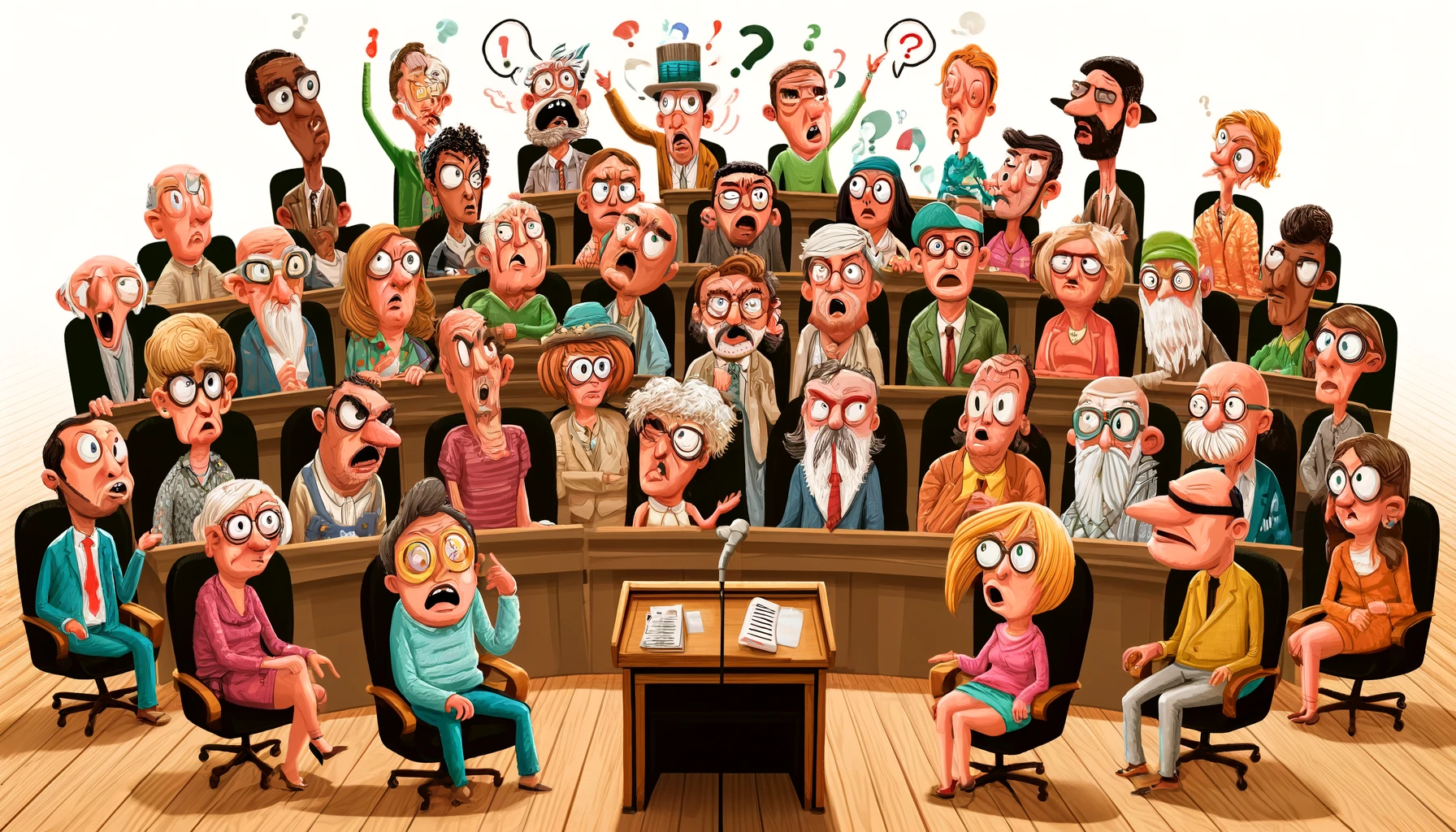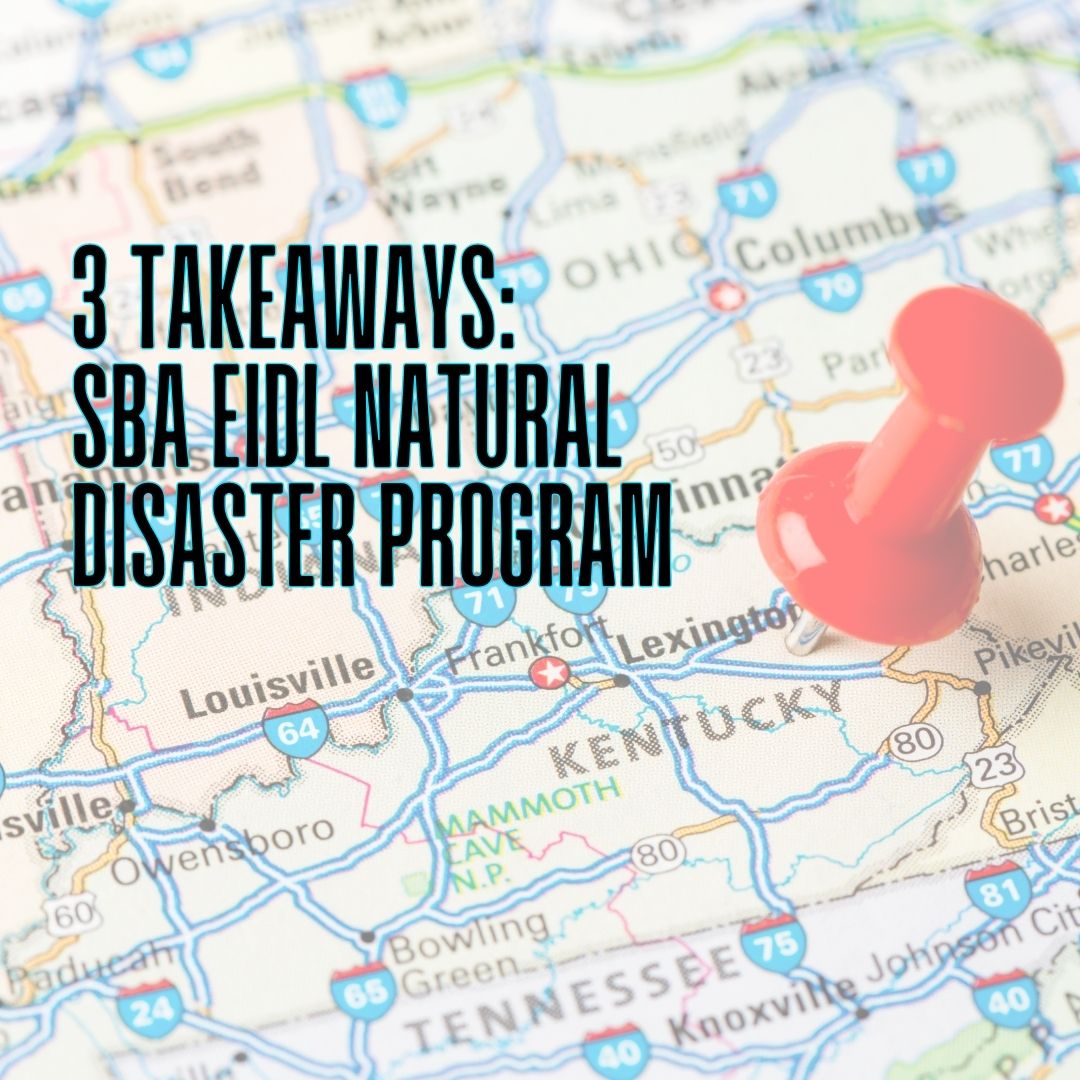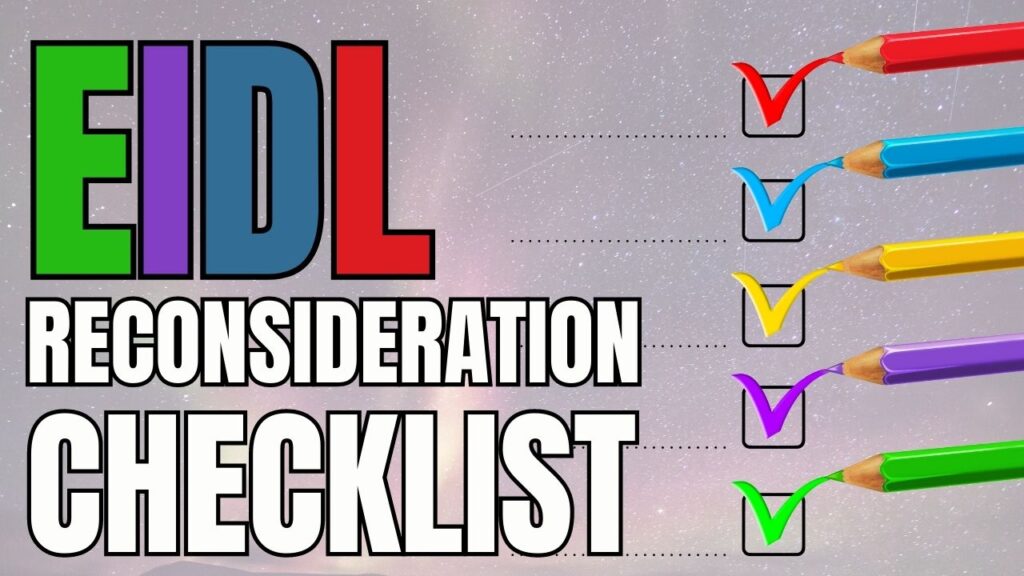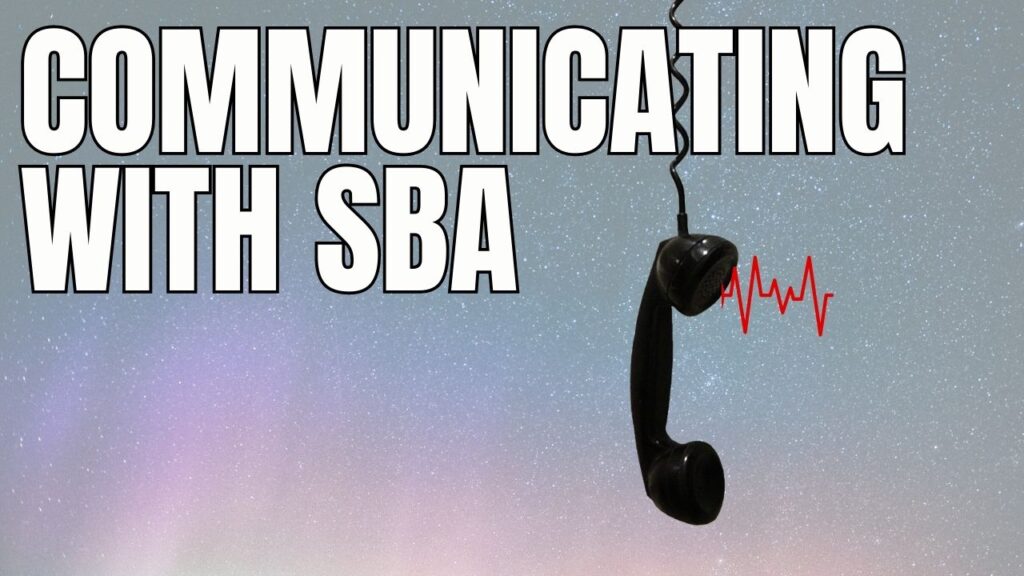With uncertainty over the depth and length of the pandemic, including lockdowns, many Small Business Owners found salvation through the monies distributed by SBA during the pandemic, including the COVID-19 EIDL program.
SBA based its COVID-19 EIDL program on its long-existing natural disaster loan program, a lending directive in place since 1953 to provide Small Businesses with low-cost loans to repair physical damage or make up for lost revenue as a result of a natural disaster like a hurricane, tornado, drought or wildfire (among many other types of disasters).
Four-Million Small Businesses received COVID-19 EIDL funding, some in multiple and increasing increments. Many of these same Small Businesses had never funded their businesses with debt financing before, so the lending process, including application, distribution and repayment responsibilities were all new concepts to these business owners.
We have seen since that time how many folks seem to have “short-term memory loss” when it comes to the terrible economic ravages of the pandemic. We also see the other side of the coin with folks retaining vivid memories of the impossible process of obtaining the pandemic funds from SBA due to overly-complicated procedures, poor communications, and other systemic failures of this tiny federal agency.
Many businesses never received any funding at all, or, if they did, the funding was insufficient to provide the relief intended by Congress.
We know that many people today, those with that “short-term” memory problem, often say, “I never wanted this COVID-19 loan. The government should have given me this money for free. Now I’ve got a loan I’m having a problem paying it back and the SBA…and the SBA…and the SBA…and…and…AND.”
We respond, saying, “Yes you’re right the SBA has a lot of difficulties but the SBA was charged with a mission during the pandemic by the Congress of the United States and they delivered on the mission. SBA accomplished the goal: they put money into your hands and into the American economy to get the economy on track during a pandemic.“
While we’re all blaming the SBA and complaining about the SBA and getting upset with the SBA, we’re forgetting that it’s the people in Congress who have let you down.
The Congress controls the purse strings of the US Treasury. And Congress has failed the SBA, and by extension, the American Small Business Owner, by failing to properly fund the SBA.
Congress has not reauthorized the SBA in over 20 years. In 2023, by contrast, Congress reauthorized the Federal Aviation Administration as they do with other federal agencies from time to time. Congress gave the FAA a substantial increase in funding to hire new air traffic controllers and implement new technologies to keep us safe in the skies.
But what about you small business owners?
Congress has not reauthorized the SBA in over two decades and between natural disasters such as Hurricane Katrina, Superstorm Sandy, wildfires in Maui and California, and many other disasters across the United States, the SBA can barely keep up.
Never mind that SBA is tasked with collecting the repayments on those 4 Million EIDLs from the pandemic.
The SBA in our opinion is underfunded, overworked, and overwhelmed.
SBA today has a huge mission to deliver on with minimal resources thanks to Congress’ failure to properly fund the agency.
Next time, take a moment before you get upset with the SBA. Take the approach that we take when dealing with them: take a deep breath, find a few ounces of extra patience, and understand that you’re dealing with a bureaucracy and there is a procedure and a process for everything, yet the agency is working stretched to the limit.
If you follow that advice, then, yes it’s going to feel frustrating but you’re going to have a better comprehension that SBA’s failures can be repaired by Congress.
Contact your political representative as a Small Business Owner CONSTITUENT and tell your congresspeople to get SBA more money.
In the meantime when you deal with the SBA, try to have a little more patience and a little more charity because those folks do have good intentions and they are trying to do their best for you, in our experience.
We created our “SBA COVID-19 EIDL Guidebook” as a comprehensive resource for you and managing your COVID-19 EIDL.
We discuss everything from “Hardship Accommodation” to best practices for repayment to closing your business or changing ownership and so much more.
You can purchase your copy of the guide by CLICKING HERE
You get FREE updates through December 2024 when you purchase now. And updates are coming to include expanded Hardship instruction and Treasury Dispute process and strategy.
#EIDL #EIDLDefault #COVID19EIDL #EIDLUSTreasury #USTreasury #EIDLCollection #SmallBusinessAdministration #SBA #IRS #IRSCollections #Default #DefaultedEIDL #Defaultloan #AuroraConsultingNewMilfordCTreviews #AuroraConsulting #EIDLExperts #EIDLinfo #EIDLConsultant #EIDLConsultants #AuroraConsultingNewMilfordCT #AuroraConsultingLLC #EIDLHelp #EIDLAssistance #SBANaturalDisasterLoan #NaturalDisaster #NaturalDisasterLoan #NaturalDisasterEIDL #MySBAhelp #MySBAassistance #MySBAportal #HardshipAccommodation #EIDLHardship #EIDLBankruptcy #Bankruptcy #SmallBusinessBankruptcy #TexasEIDL #FloridaEIDL #CaliforniaEIDL








